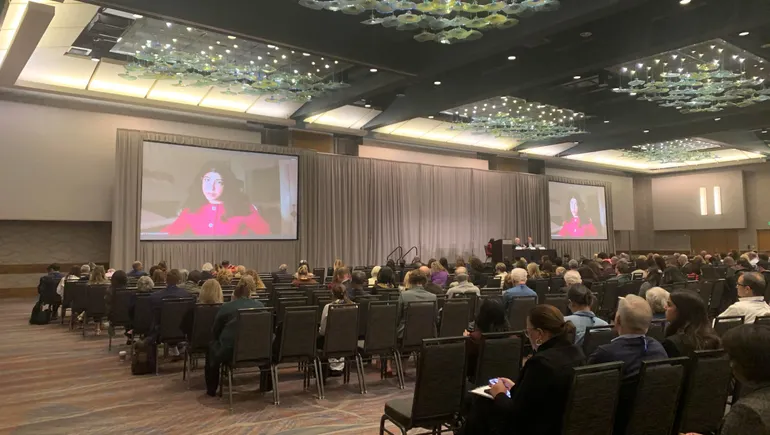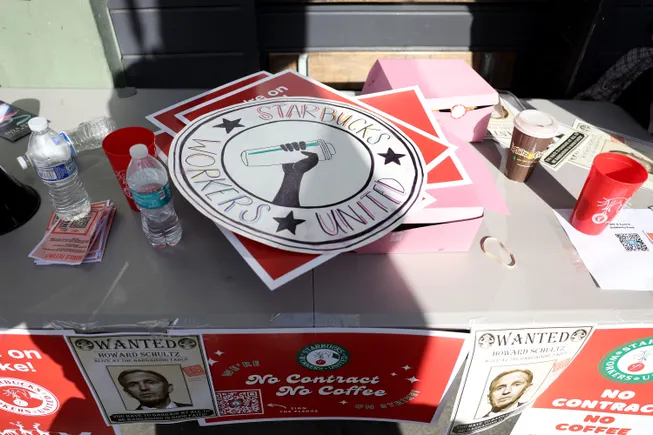Dive Brief:
- A judge of the Delaware Court of Chancery dismissed on Monday compensation vendor Payscale’s attempt to enforce a noncompete agreement against its former director of sales because the agreement was overbroad.
- Per the court, the defendant in Payscale v. Norman and BetterComp, Inc. signed an agreement prohibiting her from engaging in any competitive business for or on behalf of any person or entity other than Payscale or its parent company for an 18-month period following separation. The defendant left PayScale in December 2023 and joined competitor BetterComp 10 months later, and PayScale sued to enforce the agreement.
- The court held the agreement was unenforceable because it was overbroad in both geographic and temporal scope, prohibiting nationwide work in “almost any role for any company engaged in business that [Payscale’s parent company] or its subsidiaries were conducting, or had even proposed conduct, as of [the plaintiff’s] departure.” It also held that the agreement was broader than necessary to protect Payscale’s business interests.
Dive Insight:
The decision is a reminder to employers that noncompetes, while often employed to prevent key talent from going to competitors, have been scrutinized both by courts and legislators across the U.S., especially when they are found to have overbroad stipulations.
The Federal Trade Commission in 2024 attempted to ban noncompetes nationwide over concerns that the agreements hindered competition by preventing affected workers from freely changing jobs. While federal courts ultimately blocked the ban, a number of state and local governments maintain limits on noncompetes within their own jurisdictions, according to the Economic Innovation Group.
In Payscale’s case, the court determined that the company provided “only minimal consideration” to secure the noncompete and that, when this is the case, the Court of Chancery “has found a nationwide scope overbroad,” the judge said.
Though the defendant received some nontransferable incentives in exchange for entering the agreement, the court found that the value of those incentives could not reasonably have been able to support an eighteen-month, nationwide prohibition on work.
Additionally, the judge held that the scope of the agreement was broader than necessary to protect Payscale’s business interests. Notably, the agreement prohibited the defendant from working in the same line of business as Payscale and its parent company’s other subsidiaries even though the defendant “is not alleged to have any special knowledge of [the parent company’s] business that it conceivably could have an interest in protecting.”
The court refused to “blue pencil,” or amend, the noncompete so as to render it enforceable because it said Payscale’s complaint did not allege facts that could warrant doing so. It separately rejected Payscale’s allegations that the defendant breached its nonsolicitation or confidentiality provisions by joining BetterComp.
Employers have other options should they choose to implement restrictive covenants for the purpose of protecting their business interests, attorneys previously told HR Dive. These may include items such as nondisclosure and nonsolicitation agreements, as well as garden leave, under which employees are paid a portion of their compensation for a period of time after leaving an employer in exchange for restrictions such as not joining a competitor.






Leave a Reply